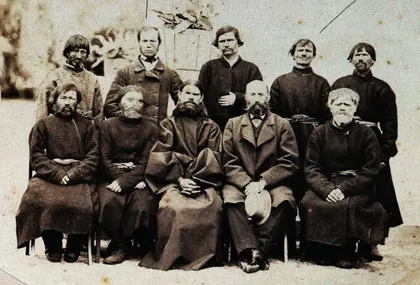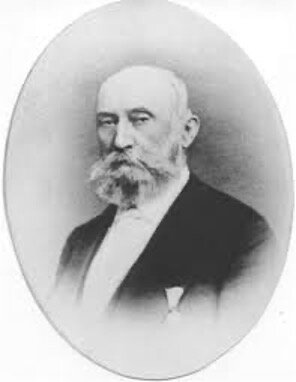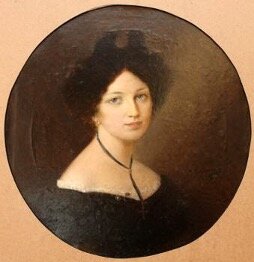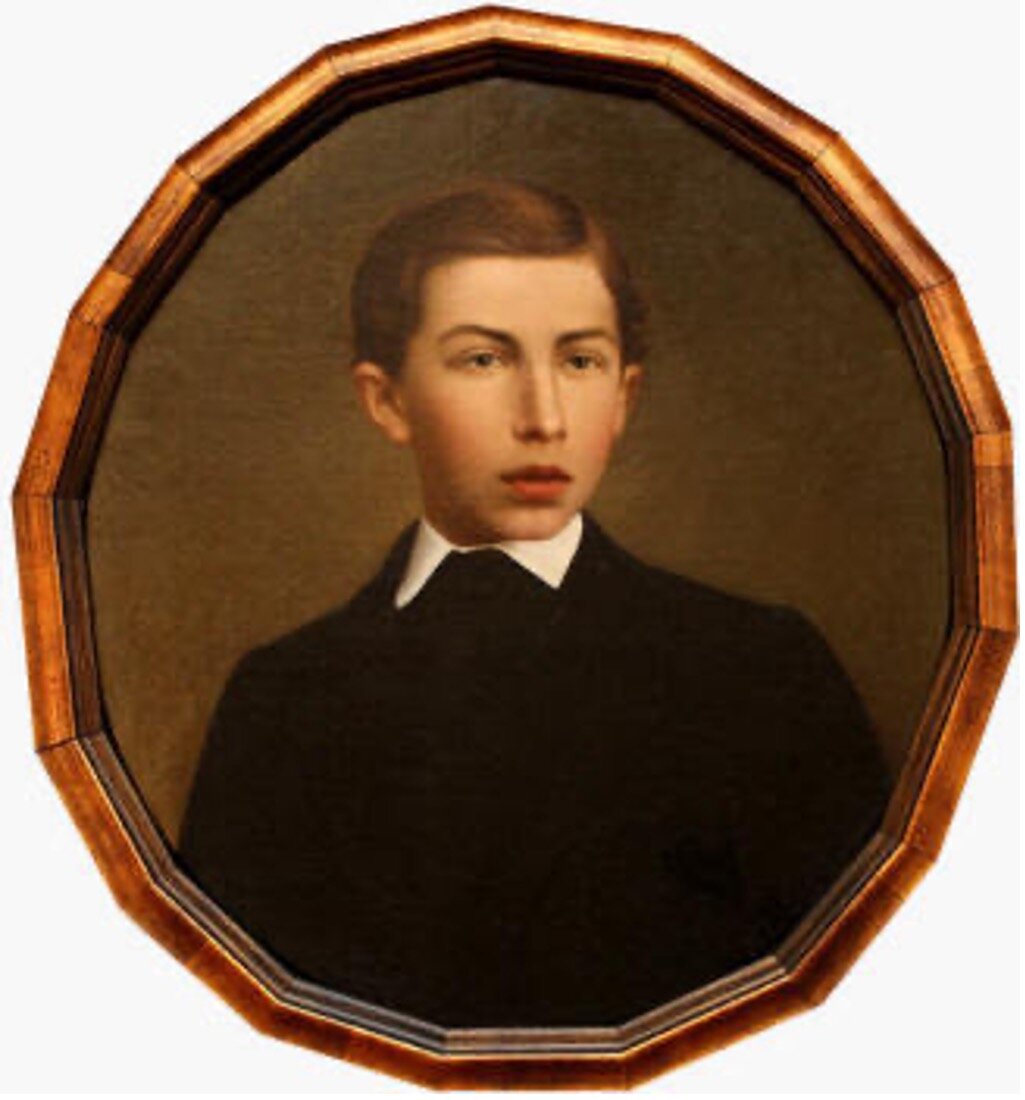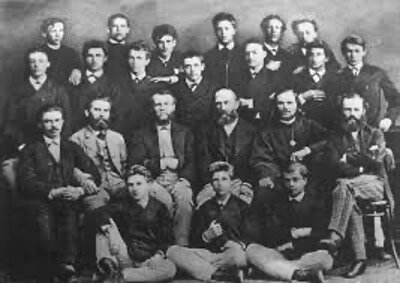For part 1, please click here
Perhaps, it was not accidental that Hryhoriy Halahan fell in love with and married Kateryna Kochubey, whose great-great-grandfather, Vasyl Kochubey, was also cursed by the Cossacks, including for betraying Hetman Ivan Mazepa.
JOIN US ON TELEGRAM
Follow our coverage of the war on the @Kyivpost_official.
In 1853, six years after Halahan and Kateryna got married, their son was born in Sokyryntsi. The couple loved, adored and doted on Pavlusyk – doing their best to raise a conscious Ukrainian in the indigenous environment of the Ukrainian language, folklore, traditions, and culture.
They hired a nurse from Chernihiv who only spoke Ukrainian. Until the boy was five years old, he only heard the Ukrainian language at home. Indeed, Halahan always told his son: “You are Ukrainian. Your mother tongue is Ukrainian.”
At the same time, he believed that the command of foreign languages actualized and emphasized the power of the native language, so from the age of five Pavlusyk started learning Latin, Greek, German, French, and English. He also benefited from an excellent home education in the natural sciences.
In 1869, when Pavlo turned 16, he was preparing to go to university. His father pinned high hopes on him, but all hope was shattered when tragedy struck. In April that year, the family went to Kateryna’s family estate to celebrate Easter. Pavlo fell ill and ran a very high temperature, which nobody could diagnose, be it meningitis, typhus, or some other disease. The estate was too far away from the nearest railway station and there was no doctor in the vicinity to send for.
The desperate parents just watched their boy burning in fever and couldn’t help. Within five days, he was dead.
That was the heaviest loss Halahan had ever suffered. But he was strong enough to overcome the tragedy and he devoted the rest of his life to a noble cause. He wrote, “I did not give enough Ukrainian education, strength, and culture to my son, so I will give it all to other children. I will have my child in other children!
In 1871, Halahan founded a college with free tuition – the only one of its kind in the Russian Empire. To enter it, one had to be intelligent, diligent and be aged at least 16 – the age at which his son died. In less than two years, Halahan College became well-known and prestigious, with the number of students exceeding 300. Many graduates went to St Petersburg University and some became prominent scholars, writers, and public figures who promoted Ukrainian culture, values, and ideas.
Halahan also founded and sponsored two high schools in the town of Pryluky, Chernihiv province – one for boys and one for girls. They were personally patronized by his wife who shared his altruistic outlook.
The grateful townsfolk named Halahan their honorary citizen. He also founded and sponsored more than a dozen public schools across the province. He was a co-founder of the library in Kyiv that is now known as the National Parliamentary Library.
Halahan inherited and then considerably replenished a collection of works of art, which he kept in the large ancestral castle boasting 60 rooms. He didn’t just admire and appreciate arts. He funded the Ukrainian Society of Artists and supported young Ukrainian writers, poets, painters and sculptors, especially those who depicted the native land.
He gave the house that he had built for his son – an interesting piece of architecture – to the local zemstvo (district council) that dealt with peasant affairs. Several days before he died on September 25, 1888, Halahan wrote that he had done far less than he could have for his people once betrayed by his ancestor.
The life of this eminent personality is a graphic example of inner conflict between two national identities in an environment of enforced assimilation. He lived in the 19th century when Russia completed the liquidation of Ukrainian statehood. It was when the overwhelming majority of Ukrainians had their national self-awareness subdued and their mentality altered.
Fortunately, the Ukrainian gene, albeit mutated, prevailed and Ukrainians survived as a nation – largely owing to those who preserved and promoted the Ukrainian language, traditions, and culture. One of them was Hryhoriy Halahan, the man who called himself Ukrainian but pledged allegiance to the Russian Empire.
You can also highlight the text and press Ctrl + Enter


